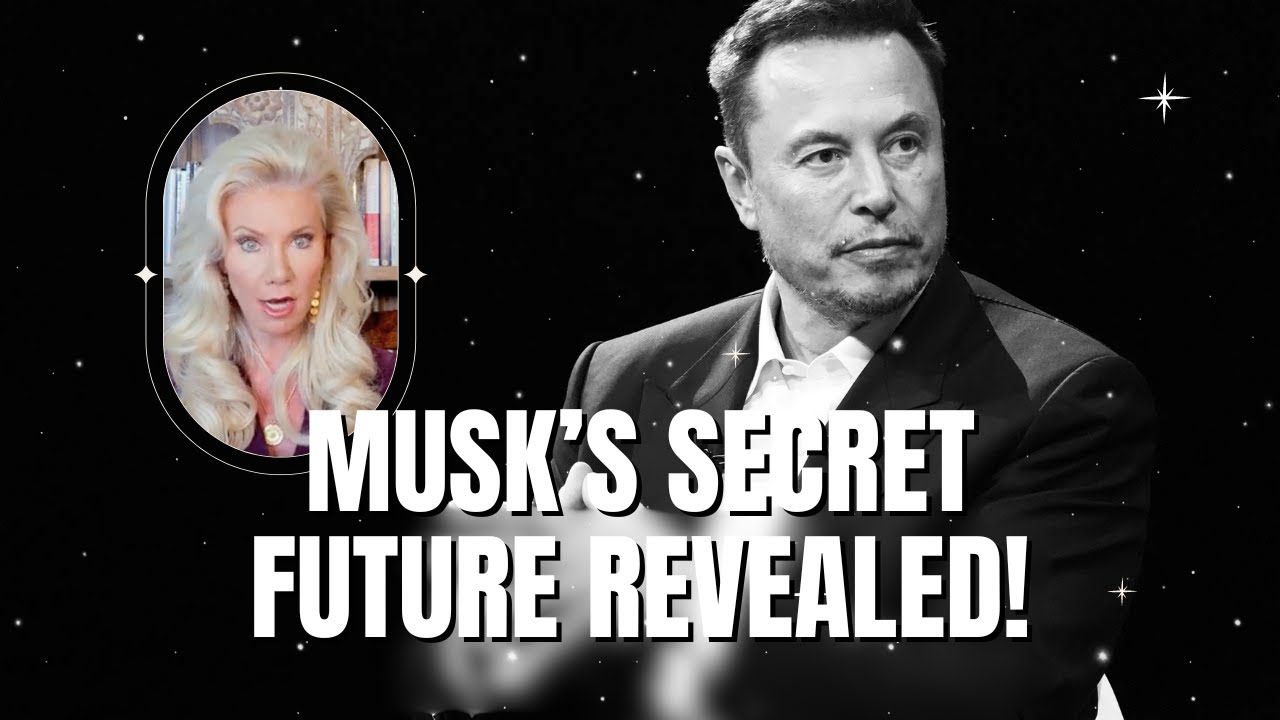Elon Musk: The Scientist Behind the CEO (and How He Teaches Himself) Documentary
Summary
TLDRThis video explores Elon Musk's unique approach to learning and innovation, emphasizing his scientific mindset and engineering prowess. It delves into Musk's methods of self-education through extensive reading and surrounding himself with experts. The video also highlights his use of first principles reasoning in business and engineering, illustrating how he breaks down complex problems into their fundamental elements to create groundbreaking solutions. Examples include his ventures in SpaceX, Tesla, and Neuralink. The video underscores Musk's belief in continuous self-improvement, experimentation, and the importance of physics-based thinking to predict and shape the future.
Takeaways
- 🧠 Elon Musk is recognized as a scientist and engineer, with a deep understanding of physics and coding, which he applies to his businesses.
- 📚 Musk's self-education involves reading extensively and surrounding himself with experts to learn new subjects and industries.
- 🚀 He moved from Silicon Valley to LA to be closer to the space industry, demonstrating his commitment to immersing himself in the fields he is interested in.
- 🔬 Musk approaches problems with a physics framework, breaking them down to their fundamental principles, which aids in understanding and predicting the future.
- 👶 His early childhood curiosity and understanding of darkness as the absence of photons exemplify his scientific mindset from a young age.
- 📚 He recommends books that have shaped his thinking, such as 'The Hitchhiker's Guide to the Galaxy' and 'Structures: Or Why Things Don't Fall Down'.
- 🔧 Musk's hands-on approach to learning is evident in his early experiments with homemade rocket kits and his computer programming skills.
- 🤝 He values hiring people with a deep understanding of their field and the ability to see the bigger picture of the projects they work on.
- 🛠️ Musk emphasizes the importance of engineering and design in his companies, with a preference for CEOs to have a background in these areas.
- 🔬 He encourages the use of physics as a framework for thinking and problem-solving, advocating for 'reasoning from first principles'.
- 🔑 Musk believes that asking the right questions is the most challenging part of innovation, which leads to better answers and solutions.
Q & A
What is the common misconception about Elon Musk's identity according to the transcript?
-The common misconception is that Elon Musk is an alien or an artificial intelligence robot, but in reality, he is a scientist and an industrialist.
What are the two techniques Elon Musk uses to learn about new subjects and industries?
-Elon Musk learns about new subjects and industries by picking up books on the subject and surrounding himself with experts and people in the field who can teach him.
Why did Elon Musk move from Silicon Valley to L.A.?
-Elon Musk moved to L.A. to get closer to people working in the space industry, as it was the next field he wanted to explore after selling PayPal.
What is Elon Musk's approach to understanding or predicting the future?
-Elon Musk approaches understanding or predicting the future by using a physics framework, suggesting that physics can provide insights into future trends and developments.
How did Elon Musk's childhood fear of the dark influence his scientific thinking?
-Elon Musk overcame his childhood fear of the dark by understanding that darkness is simply the absence of photons in the visible wavelength, which taught him to break down concepts to their fundamental laws.
What is Elon Musk's view on the current state of education and learning?
-Elon Musk believes that learning is the downloading of data and algorithms into our brains and that traditional schools are not doing a good job at facilitating this process, leading him to start his own school.
How does Elon Musk compare the human brain to artificial intelligence and neural nets?
-Elon Musk compares the human brain to AI neural nets, suggesting that AI is trying to replicate what the human brain does, with both learning quickly through experience.
What equation does Elon Musk use to describe happiness?
-Elon Musk describes happiness with the equation 'reality minus expectations,' emphasizing the importance of aligning one's expectations with reality.
Why did Elon Musk start Neuralink?
-Elon Musk started Neuralink to connect our brains to computers, inspired by the realization that our interaction with devices is limited by our bandwidth, comparing it to the much faster communication between computers.
What does Elon Musk believe is the key to continuous improvement?
-Elon Musk believes that the key to continuous improvement is to keep thinking about how to do things better and to create a feedback loop where one takes what has been done and adjusts it for better performance.
How does Elon Musk's approach to learning differ from traditional education?
-Elon Musk's approach to learning focuses on self-teaching through books and practical experience, rather than relying solely on formal education, which he believes can be inefficient or disconnected from real-world applications.
Outlines

This section is available to paid users only. Please upgrade to access this part.
Upgrade NowMindmap

This section is available to paid users only. Please upgrade to access this part.
Upgrade NowKeywords

This section is available to paid users only. Please upgrade to access this part.
Upgrade NowHighlights

This section is available to paid users only. Please upgrade to access this part.
Upgrade NowTranscripts

This section is available to paid users only. Please upgrade to access this part.
Upgrade NowBrowse More Related Video

Trump 'Victory' Speech: Tells Funny Elon Musk Story | US Election | Kamala | SpaceX

ELON’s secret to learning 10x FASTER | 5 steps Elon use to learn things Faster | GIGL

Future of a Visionary: Elon Musk’s Astrological Predictions!

Cara Belajar Efektif ala Elon Musk | Dr. Indrawan Nugroho

How to Never Forget Anything you read – Elon Musk

The Journey of Elon Musk (Documentary)
5.0 / 5 (0 votes)